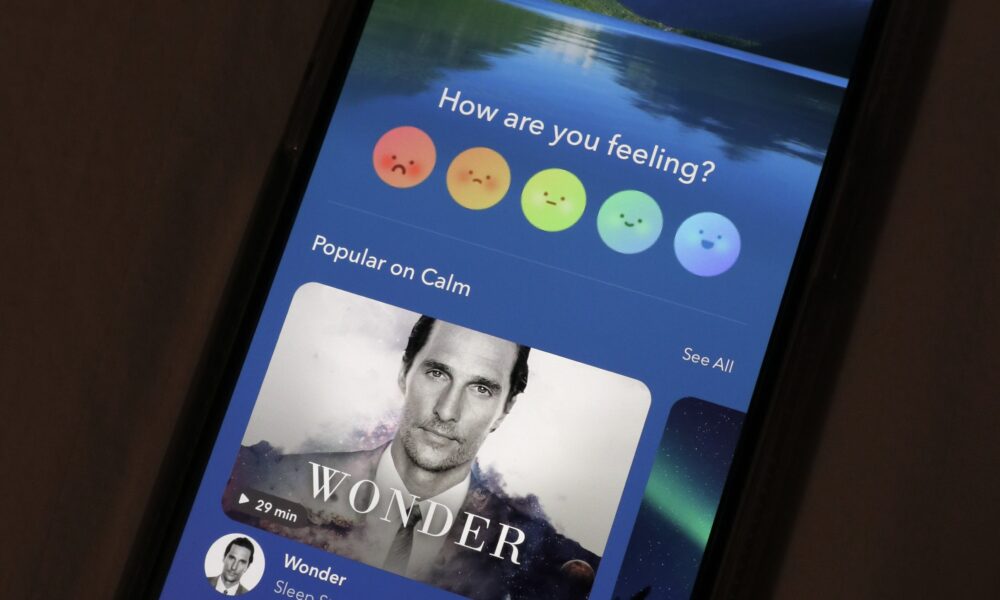As the haze of summer subsides and the anticipation of cold, isolating midterms and finals ensue, maintaining and nurturing one’s mental health becomes both harder and ever more critical. On Sept. 6, McGill informed the student body via email that the popular student services once provided through the Students’ Society at McGill University (SSMU)—Calm, an app designed to improve mental health through guided meditation, and Udemy, which gives users access to thousands of online recreational courses—will no longer be accessible to students. To effectively deal with stress—an inevitable aspect of McGill’s rigorous academic environment—students can benefit from the incorporation of regular mindfulness practices, like those offered by apps such as Calm, into their daily routines, making mental health a priority rather than an afterthought. The benefits of these resources cannot be overstated.
Student Support used to provide access to Calm at McGill, but SSMU announced that it would no longer be continuing its professional relationship with Student Support due to “continuing legal and privacy concerns.” As of Sept. 26, SSMU announced that they have re-secured pre-existing contracts with support services Grammarly and Udemy directly, rather than through a third-party organization. Efforts to finalise a contract with Calm remain stalled. SSMU encourages students to suggest alternative platforms via [email protected].
These resources should be readily accessible if students are being charged for them and contracts are in place. It’s crucial to recognize that mental health support, such as access to mindfulness apps and educational platforms, plays a vital role in students’ overall well-being, affecting not just their stress levels but also their academic performance, sleep, and social lives. Given this, the removal of access to these resources raises questions as to why the responsibility for providing these essential services has fallen on the student union rather than McGill’s administration, which has an obligation to ensure the health and success of its students. The demand for easily attainable mental health services at McGill is high, as evidenced by student feedback shared on digital platforms, with students noting that their sleep has never been better than when using Calm.
In the future, these services could easily become the foundation for a broader and much-needed improvement in mental health support for the McGill student body. By establishing accessible and reliable mental health resources, the administration would not only address current deficiencies but also set a precedent for how academic institutions can actively prioritise student well-being. This could pave the way for more comprehensive mental health frameworks, fostering an ongoing dialogue about mental health on campus and ensuring that future students benefit from a more supportive environment. However, to ensure successful implementation, our university must guarantee consistency, not only the existence of these services but also the comprehensive use of them. To achieve this, students must act by asserting the value of these services. Increased information on these resources and how to effectively use them put forward by the administration is also critical in spreading awareness and assuring students that these services are for them. While students can appreciate the efforts of SSMU to offer these services, there still lingers an ever-present and legitimate question of dependability. The integration of mindfulness into student’s schedules is difficult without reliable resources at their disposal. Not only does the prevailing uncertainty surrounding these crucial mental health services limit access for students who rely on or wish to use them, but the added barriers of accessibility and potential financial costs actively discourage students from integrating mental health care into their routines. McGill should offer these services to its students, not our student union. The university should not only provide these resources but promote and maintain them for the benefit of the McGill community.







